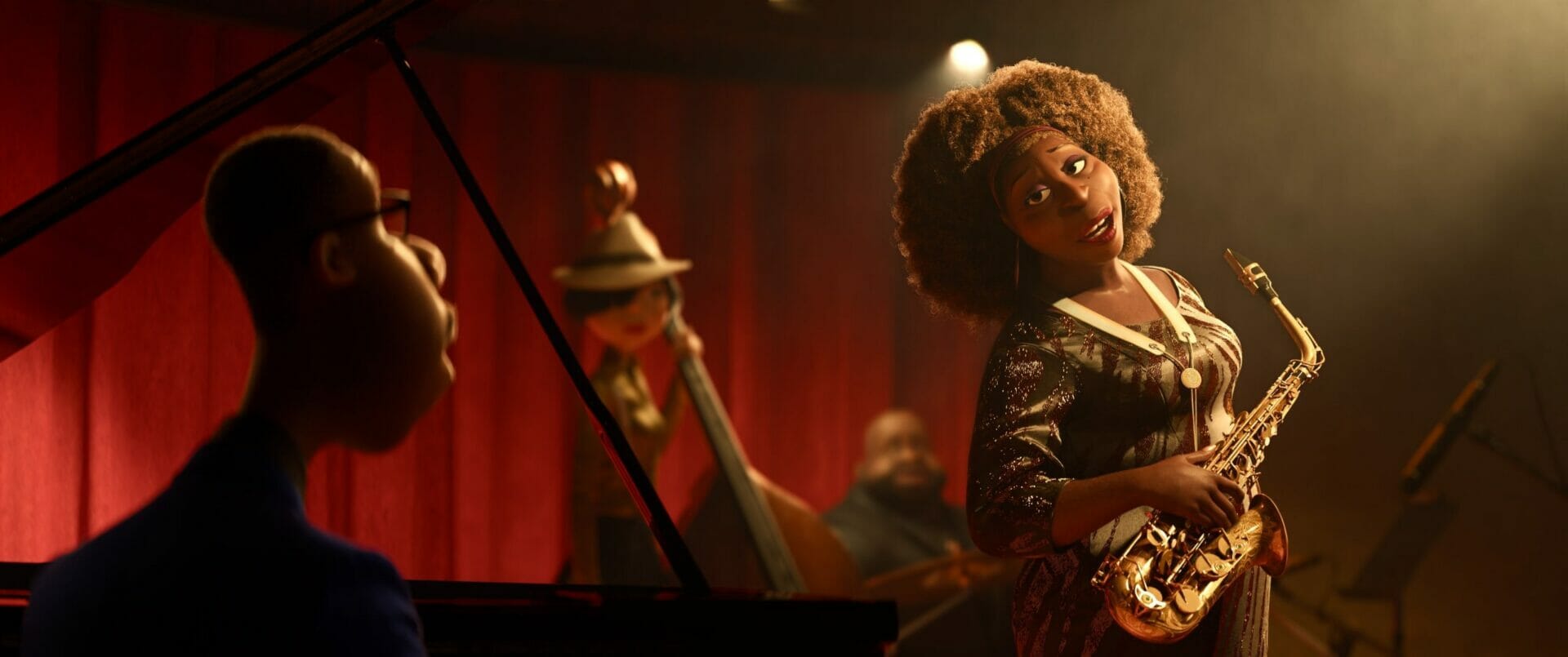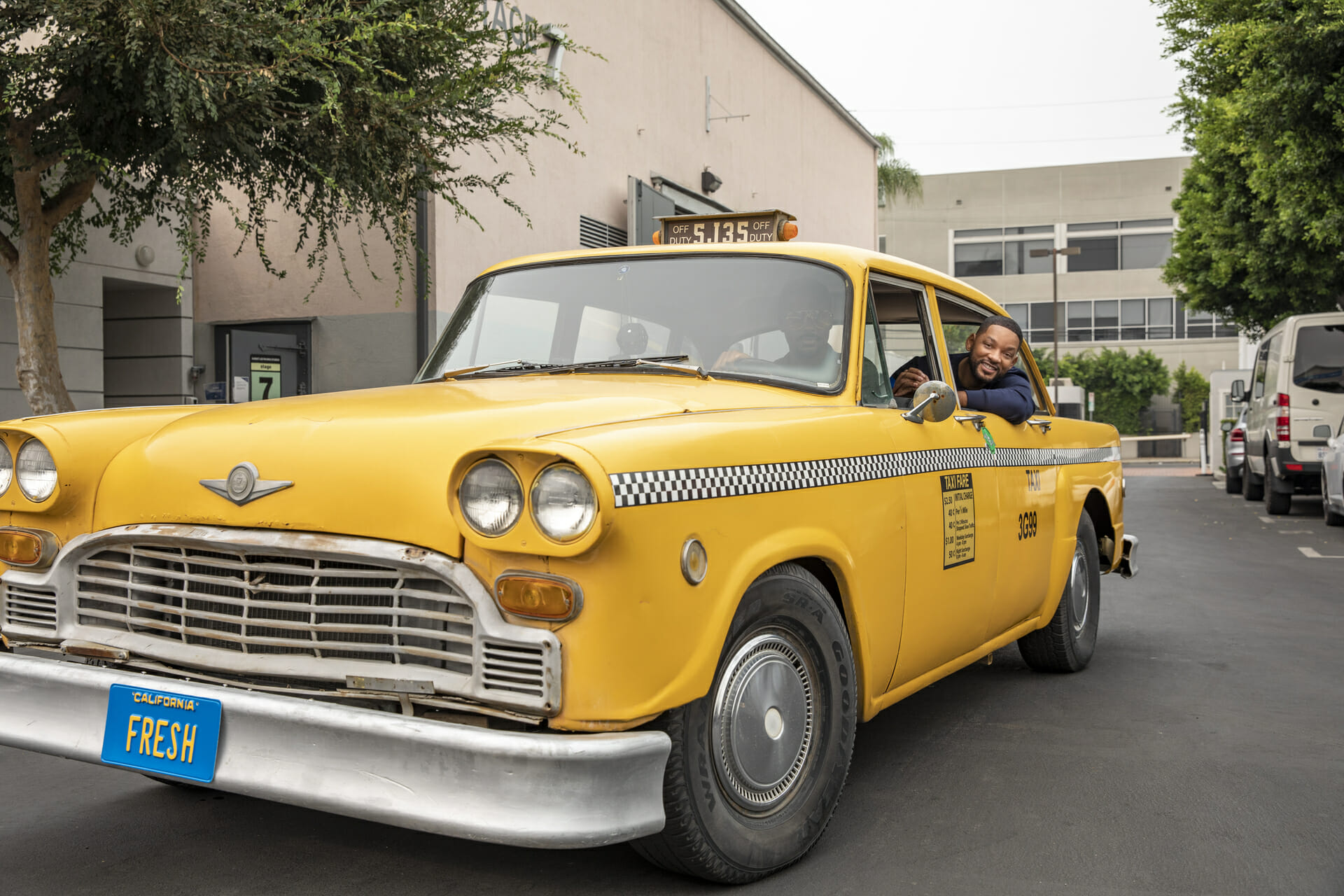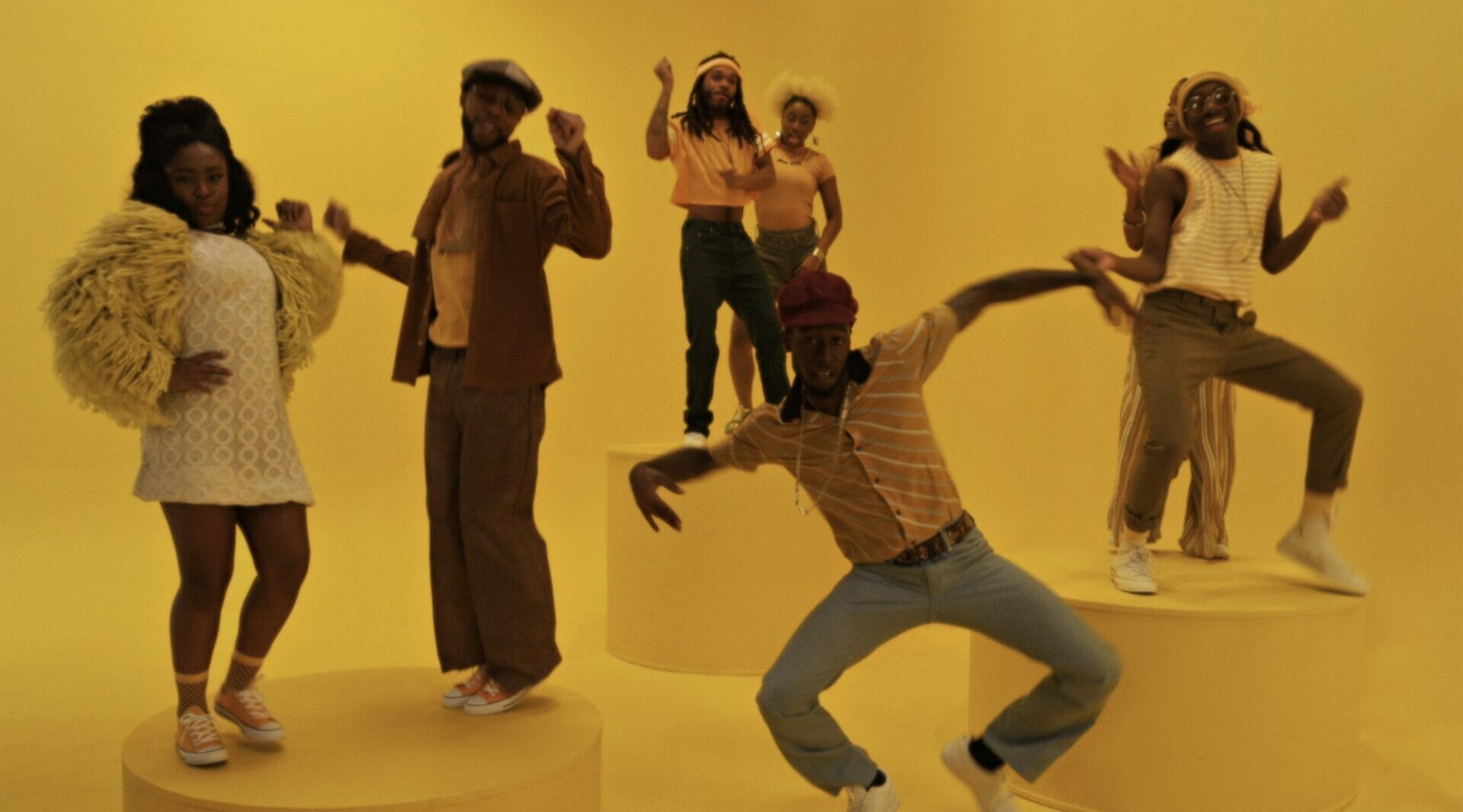
WE ARE | Combining New Orleans heritage and modernity
Artist
Year
Tracks
Runtime
Produced by
Label
American musician Jon Batiste released, on March 19th, 2021, his eighth studio album called We Are (often written in all caps).
The album blends New Orleans music roots, marching band, and gospel choir with a contemporary flair. A celebration of jazz that is able to capture the younger generations through modern arrangements, mixing hip hop and pop flavors.
An all-rounded artist
Jon Batiste grew up in Louisiana, coming from a long line of New Orleans musicians. Always surrounded by music he later moved to New York City to follow Jazz studies at Juilliard School.
He is a multi-instrumental artist, activist, and television personality, balancing his performances schedule with public speaking engagements and community activism.
Since 2015 Batiste has been the music director on the Late Show with Stephen Colbert with his band Stay Human. He is also the creative director of the National Jazz Museum in Harlem and the music director of The Atlantic.
In 2020 he co-composed the score for the Pixar animated film Soul, for which he received an Academy Award for Best Original Score.
New Orleans’ roots and innovation
Before music, Batiste’s predecessors were four generations of farmers in Georgia. Working on We Are, the musician wanted to reclaim something that he thought was often forgotten, as explained in an interview on Jazz.FM91: “There is this tradition of black farm families and black farm music and that kind of sharecropper blues-folk song that we don’t necessarily associate with folk music in America anymore these days”.
The thirteen tracks are about honoring Black American culture and musical origins, adding different melodies and beats. Not believing in genre distinction, Batiste presents traditional jazz to a contemporary audience mixing black social music with pop such as in I Need You, or nailing the rap flow as in Whatchutalkinbout.
Timeless themes
The musical mission is about connection and celebration, and with an overall message of joy and community, the musician covers timeless themes such as lineage, black social consciousness, freedom and authenticity.
The track Freedom opens with a statement from American R&B and gospel singer and civil rights activist Mavis Staples. A song meant to make people feel free to express themselves, unlocking something they were holding in.
Freedom to me is the ability for men and women
All created equal
To speak, think and do or not do what you want
In Tell The Truth, Batiste’s father reminds him how to stay true to himself, always keeping a sense of integrity.
Tell it like it is (Tell the truth)
Love how you live (I’m talkin’ to you)
When you’re doing what you do
Just tell the truth
How activism and music intersect
Batiste completed the album We Are by mid-2020, and without knowing it, the thematic content never felt more appropriate for the world events that would have followed: the COVID-19 pandemic and the Black Lives Matter protests after the killings of George Floyd and Breonna Taylor.
In the wake of those events, as told in an interview with journalist Michel Martin, Batiste questioned: “Am I really about community, love and joy? Am I really about representing black culture and representing what brings people together(…). If I am, I’ll do what ancestors did, they’ll put themselves on the line, they will go out there and they’ll represent it”.
In June 2020 the artist organized the “We Are – a Peaceful Protest March with Music“. He brought music in the streets of New York City, joined by thousands of people, to confront police brutality and racial injustice.
Condemning injustices through art
Often the way to make people aware of serious thematics is to use non-conventional channels.
In the comics anthology Nessun Rimorso, the authors tell the story of the events that took place around the 2001 Genoa-G8 summit from different perspectives, conveying the sorrow, the powerlessness. The graphics and uniqueness of the individual stories help the reader understand a significant and tragic event.
In the same way, Batiste used music to lead people to discuss the injustices but also bring comfort. The musician was inspired by New Orleans’ communal expression through music, what he calls social music as he explained on the Washington Post Live| Race in America: Giving Voice.
The protest took the name from the album and lead track We Are. A song that features the marching band from his New Orleans High School, and was created with the aim of being played both in a club and in a protest.
As discussed on the TV serie Amanpour and Company, the song reminds that “even when it is not trendy to say Black live matter, representing black businesses etc…, we are still stars, we are still royalties”.
The ghetto is full of stars
Bless them, shine from afar
On days when it’s hard, and always (from We Are)
Opening a new chapter
We Are marks a turning point for Batiste. As he said on Jazz.FM91: “there is something that happens to your vision, to your concept once you reach a certain point, and for me, that point has arrived at 33 years old.”
The critics also recognized the artist’s coming of age and new project. The 2022 Grammy Awards are highly expected with 11 nominations including Best Album and Best Record Of the Year with Freedom.
The album also features significant collaborations, from music legends such as Trombone Shorty and PJ Morton, to songwriter activist Autumn Rowe and English novelist Zadie Smith.
Smith‘s persona seemed the perfect fit for Show Me the Way, inviting the listener to look back in history in order to understand how to move forward. A theme explored in a similar way in Bernardine Evaristo’s book Girl, Woman, Other, a deep eye into the personal stories of black women learning how to come out from socio-political struggles.
We Are is an album that brings the feelings, energy, and movements all into a collective thought. It tells that it is OK to cry, to dance, and to tell the truth.
Tag
Buy a ☕ for Hypercritic









